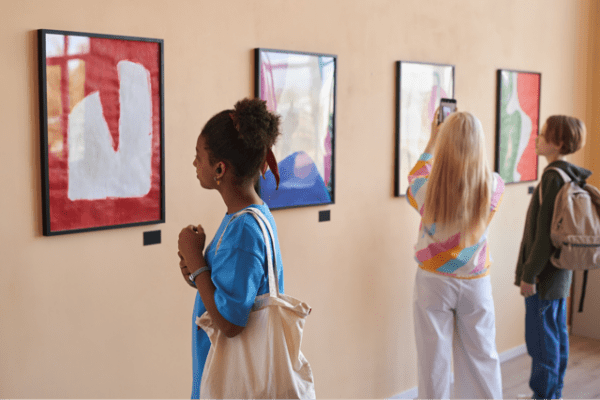
Berlin, Germany
The City never Sleeps
When:
04 August - 08 August 2025
Credits:
1 EC
Read more
Cultural Studies
When:
21 July - 01 August 2025
School:
Institution:
Utrecht Summer School
City:
Country:
Language:
English
Credits:
4 EC
Fee:
975 EUR

Taking the beautiful city of Utrecht as a starting point, this course will bring you the opportunity to step into history. This historical journey, which illuminates Europe from the Middle Ages to the end of the 19th century, will help you to understand the many social, historical, religious and cultural factors that came to shape modern Europe.
The many museums, cathedrals and canals of Utrecht and Amsterdam that are included in the program, will offer you some of the most breath-taking highlights of European history and culture.
One of the time periods we will study is the Dutch Golden Age; the era roughly spanning the 17th century. In this era the Dutch became one of the world’s greatest maritime, economic and artistic world powers after rebelling against their Spanish rulers. To obtain an impression of the significance of this era in Dutch and European history you will visit several locations in Utrecht. This includes Utrecht’s Gothic Saint Martin’s Cathedral, the place where the Union of Utrecht was signed in 1579, signaling the Dutch hunger for independence; the wharfs and wealthy canal houses that still testify of the incredible economic success of Europe in the Golden Age; and the public parks and patrician houses, which attest to the rising bourgeoisie in the 19th century.
In this course you will have the opportunity to visit several historical museums in Utrecht, the Rijksmuseum in Amsterdam and the thirteenth-century royal palace in The Hague where the Dutch government is seated today. After these two weeks in Utrecht, you will be able to analyze and discuss the role of the Netherlands in the making of Europe and have a firm understanding of the main political, religious and cultural developments that took place in Europe in this time period. During these two weeks, you will definitely be able to ‘experience’ history!
NB: This course is part of the track 'European Studies' and history track 'The Making of Europe'.
Willem Verhoeven
This course has been designed for students who have an interest in the social, cultural and political developments taking place in Europe from the Middle Ages until the end of the 19th century.
At the end of this course, you should be able to:
Describe and evaluate different theories and conceptualisations of the historic development of Europe, with specific attention for The Netherlands
Show an understanding of various historic monuments and their relation to historic developments
Demonstrate an understanding of political, socio-economic and cultural aspects of the European developments
Demonstrate this critical knowledge and understanding in written and verbal form.
Fee
975 EUR, Course + course materials
Fee
400 EUR, Housing fee (optional)
When:
21 July - 01 August 2025
School:
Institution:
Utrecht Summer School
Language:
English
Credits:
4 EC

Berlin, Germany
When:
04 August - 08 August 2025
Credits:
1 EC
Read more

Barcelona, Spain
When:
14 July - 18 July 2025
Credits:
2 EC
Read more

Viljandi, Estonia
When:
13 July - 19 July 2025
Credits:
2 EC
Read more